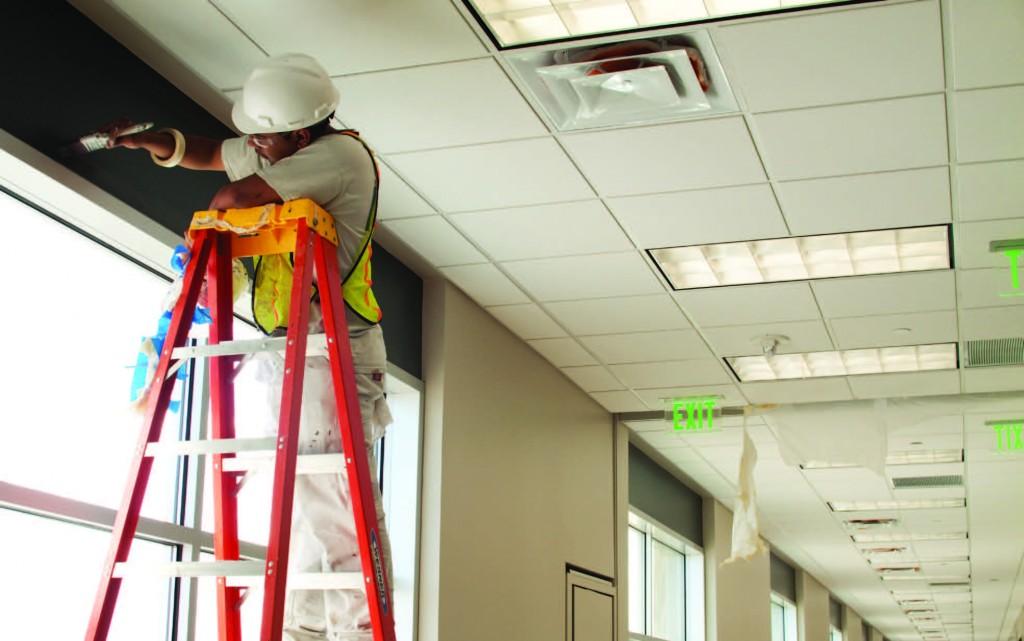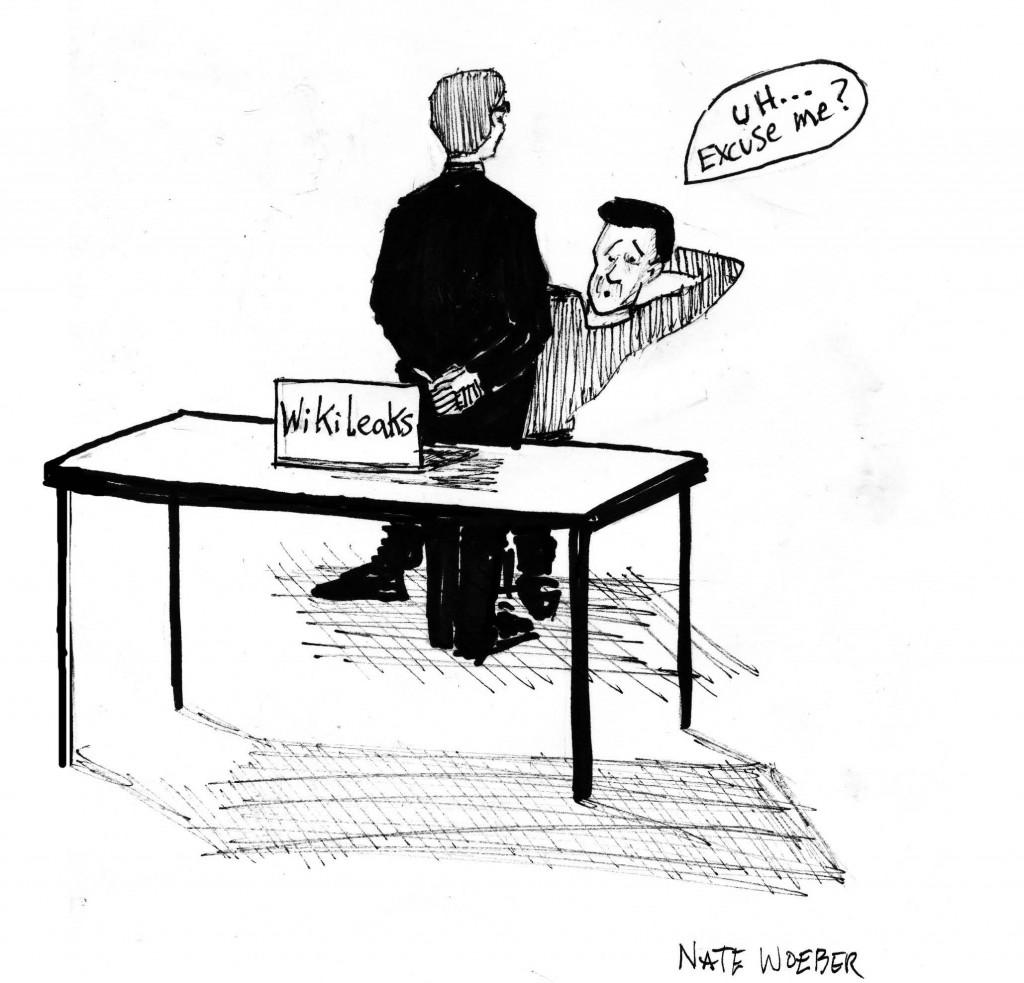By Shelly Williams/editor-in-chief
It’s already been successful in creating a law in its home state of Minnesota, but now the college-aged coalition called Concordia Student Legislative Action Team is headed to Washington to create its own federal law.
These students are on a mission to pass a bill that will make it mandatory for schools to notify parents and/or legal guardians within 10 days if their child is involved in an abuse case at school.
Their efforts follow an incident where a child with Down Syndrome was abused eight times at school and his parents weren’t notified until two years later, according to an article in School Transportation News.
The team said it would also push the Paulsen-Bachmann Special Needs Trust Fairness Act, which would provide equal legal rights to special needs children who are abused at school.
There is no reason why either effort should be ignored by Congress. It’s obvious that parents and/or legal guardians should be notified immediately if their child is part of an abuse case.
When these students head to Washington, the only question members of Congress should ask is why hasn’t this been in a bill already.
It’s interesting how when a student and teacher are sleeping together, everyone and the state next door seem to know within hours of the school finding out.
Yet we are struggling to notify the people who matter the most when it comes to abuse cases.
Laws exist that require teachers to report suspected abuse by parents to authority. Shouldn’t there be similar actions taken if someone at school is suspected of abusing your child?
Again, there is no reason why our country shouldn’t support this bill — especially for those who are special needs and might not be able to tell someone they are being abused.
Applause must be given to the Concordia team for its efforts in recognizing a need for change in its community and then taking its efforts to the next level to foster awareness of an issue that could affect schools across the country.
Instances like this should remind us that we do have a voice in what becomes a bill and what doesn’t. It isn’t all strictly politics.























